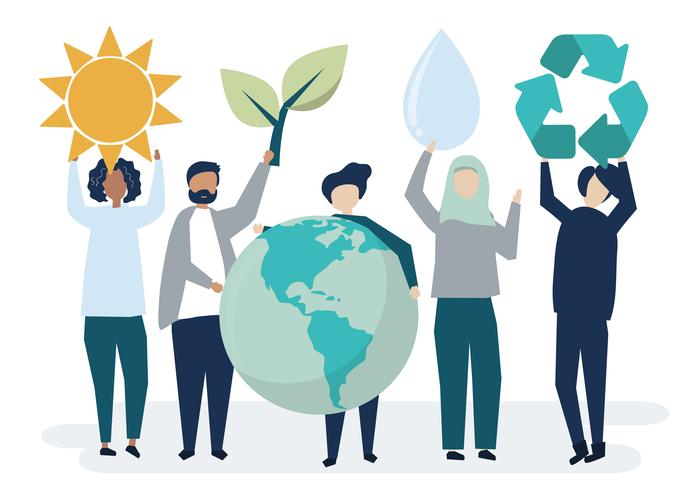In her article published on energypress, Ioanna Souka highlights that citizen participation is a prerequisite for a fair and sustainable energy transition.
Drawing on the new EU Citizens Energy Package—on which The Green Tank also submitted its position during the public consultation—the article explores both the opportunities and the obstacles that citizens, businesses, municipalities, and energy communities face in producing clean energy.
It also emphasizes the need for effective use of available EU resources -SCF and ETS revenues- to tackle energy poverty and protect the climate.
Read the full article [in Greek], published on energypress on October 2, 2025, here.
English translation below:
The energy transition cannot happen without citizens
The message from European Commission President Ursula von der Leyen in the 2025 State of the Union Address was clear: “When energy costs rise, it is not just numbers on a bill. It is every single part of people’s lives that is affected…And we know, what brings prices down: clean homegrown energy.”
At the European level, efforts are being made—though bold steps are still needed—to ensure citizens’ participation in a fair and sustainable energy transition.
Citizens Energy Package
In this context, the European Commission launched a public consultation on the Citizens Energy Package, focusing on a just transition, active citizen participation, and consumer protection. This initiative paves the way for greater social justice through:
- Removing barriers to self-generation and supporting energy communities
- Simplifying and making electricity bills transparent, ensuring proper information and protection against unfair practices
- Strengthening dialogue and participatory planning
On the road to energy democracy
These measures are not merely theoretical—they reflect a reality already beginning to take shape. Citizen inclusion in the transition is not a luxury; it is a prerequisite for successfully moving away from fossil fuels. A large part of society has recognized this need: especially following the energy crisis, more and more citizens, businesses, farmers, and municipalities are producing the energy they consume, primarily using solar power. In Greece, self-generation by individuals, SMEs, municipalities, and energy communities has already reached the milestone of 1 GW.
However, developing such projects faces significant obstacles:
- Lack of available space to connect new RES projects
- Institutional barriers that have acted as disincentives for citizens and businesses to expand projects
- Insufficient financing tools to support energy communities
Energy poverty and available resources
For those who continue to depend on the central electricity system, daily life means high energy prices and difficulty covering basic energy needs. Greece is particularly exposed, with one in four households considered energy vulnerable. The situation is expected to worsen with the implementation of the new Emissions Trading System (ETS2) from 2027, which will increase costs for those using fossil fuels (gas, heating oil) in buildings and road transport.
Recognizing this risk, the EU established a dedicated fund—the Social Climate Fund (SCF)—for 2026–2032, totaling €86.7 billion, of which around €4.8 billion will go to Greece. Its aim is to provide financial support to the most vulnerable households and fund measures such as home energy upgrades, installation of heat pumps, expansion of social housing, development of sustainable mobility, and improvement of public transport. According to a study by The Green Tank and Facets, proper use of all available resources (SCF, ETS1 and ETS2 revenues), which could reach up to €15.5 billion in Greece, offers a double benefit: eliminating energy and transport vulnerability while protecting the climate.
The energy transition is not just a technological challenge nor purely an economic plan. With citizen participation, it can become an opportunity—for cheaper energy, stronger communities, and a sustainable future that belongs to everyone.



